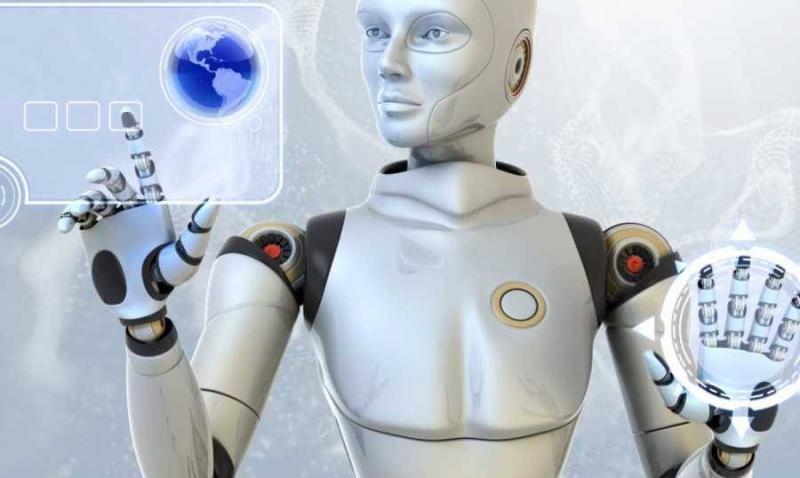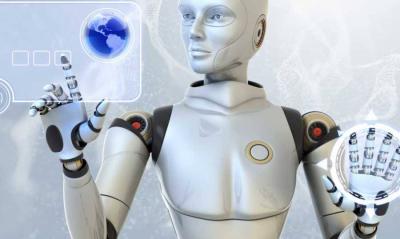There is increasing interest and concern about the shape of the future of work with rapid technological advancements. The COVID-19 pandemic and the shift to remote work have altered long-standing beliefs about when, where, and how people work, forcing organizations to prepare for the upcoming transformation. Here are five insights into the future of work and how to better prepare for future disruptions.
1. **Automation** supports productivity, job creation, and economic growth. A study by Gallup found that employees who are involved in decision-making and are enthusiastic about their jobs help companies outperform competitors. These groups are 18% more productive, 23% more profitable, and have 10% higher customer loyalty. These numbers can increase by reducing time-consuming tasks through automation, which will also facilitate proactive investment in strategies, tools, and technologies that enhance efficiency and boost productivity.
For example, new technologies can help reduce managerial administrative time by about 90% by eliminating repetitive and often tedious steps, allowing organizations to save time, energy, and money.
2. **Human Resource Technology** is essential for adapting to this transition. With ongoing labor shortages impacting nearly every sector, prioritizing faster and easier hiring processes is crucial for employers to recruit efficiently on a larger scale. Technology will help automate over 70% of hiring processes, contributing to faster searches for the best candidates for the job, according to Forbes. This ability for quicker hiring will also safeguard the financial stability of workers.
3. **Data Collection through Artificial Intelligence (AI)** leads to faster and more effective decision-making. Forbes reported that future decision-making and policies will be collaborative, and companies will need to seek new ways to understand what employees prefer. Therefore, AI can be a valuable means of collecting information both internally and externally.
4. **Skill Enhancement Programs** are essential to stay competitive. Investing in the workforce is the best strategy to retain skilled employees, as technological advancements will lead to a state of continuous change in work, necessitating the constant reskilling of workers and managers. Human resource technology will play a critical role in connecting people to new positions and fields more quickly than ever before.
5. **Blending Artificial Intelligence with Human Intelligence** unleashes human skills, emotions, and potential. Companies will gradually have AI take over time-consuming tasks from employees, while at the same time this will lead to the creation of new jobs that enhance the unique human capabilities such as empathy, creativity, and critical thinking. Employees will also enjoy greater flexibility to pursue their passions and achieve larger goals and opportunities.




